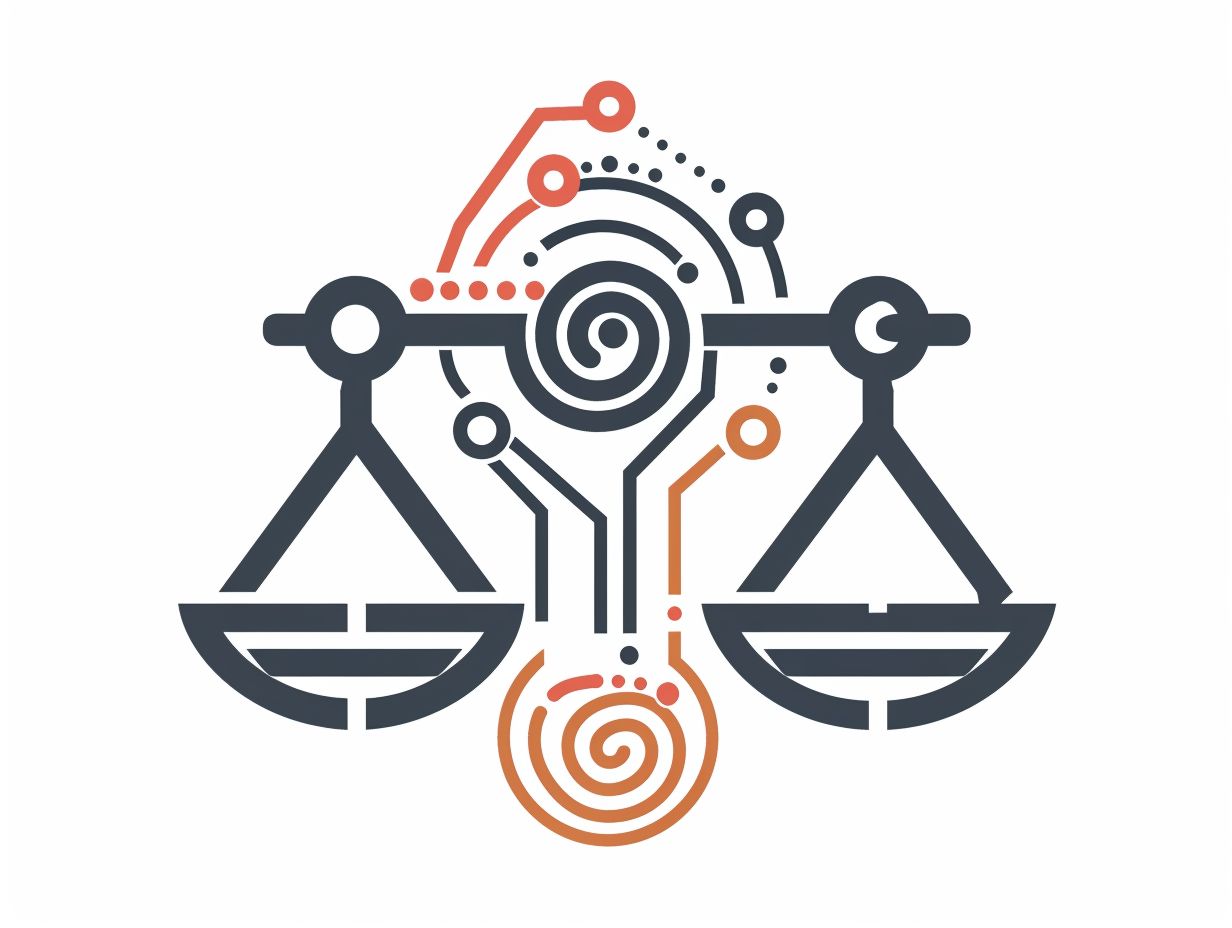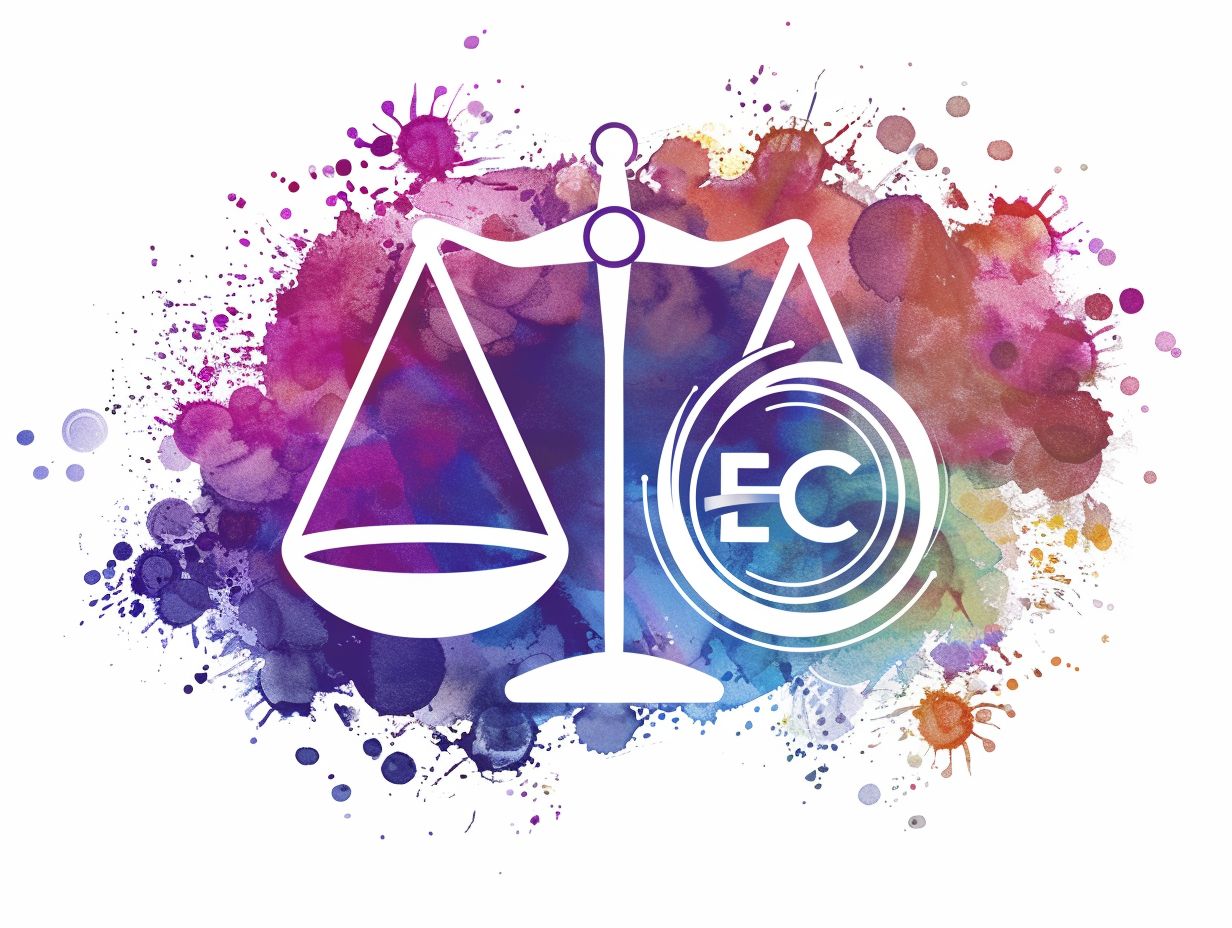If you are considering a career in cybersecurity but are uncertain about which certification to pursue, this article will delve into the significance of certifications in the cybersecurity industry, specifically focusing on EC Council and CompTIA certifications.
You will explore the fundamental variances between these certifications, the types available, the advantages they offer, and the prerequisites for obtaining them. Factors to evaluate when deciding between EC Council and CompTIA include your career objectives, industry standards, costs, time requirements, exam complexity, and available preparation resources.
By understanding these aspects, you can make a well-informed choice regarding which certification aligns best with your cybersecurity career ambitions.
Key Takeaways:

Importance of Certifications in the Cybersecurity Field
Certifications play a crucial role in the cybersecurity field by validating your skills and expertise, opening up opportunities in various job roles within the industry.
These certifications provide a clear indication to employers that you possess the necessary knowledge and competencies required to combat evolving cyber threats. Employers often prioritize candidates with recognized certifications as it demonstrates your commitment to staying updated with the latest trends and technologies in cybersecurity.
Obtaining certifications like CISSP, CEH, or CompTIA Security+ not only boosts your credibility but also serves as a differentiator in a competitive job market, propelling your career growth and enhancing job security.
Overview of EC Council and CompTIA Certifications
You should consider EC Council and CompTIA as reputable organizations that provide a wide range of cybersecurity certifications tailored to various skill levels and specializations within the industry. These certifications hold significant value in the cybersecurity sector as they authenticate the expertise and knowledge of professionals in fields like ethical hacking, network security, penetration testing, and more.
EC Council’s certifications, like the Certified Ethical Hacker (CEH), concentrate on offensive security methods, while CompTIA’s certifications, such as Security+, encompass a wide array of cybersecurity subjects. Both organizations prioritize hands-on skills and real-world scenarios, making their certifications practical and highly esteemed within the industry.
Key Differences Between the Two
When you compare EC Council and CompTIA certifications, it is crucial to consider their respective focus areas, industry recognition, and the specific skill sets they validate. EC Council certifications, such as the Certified Ethical Hacker (CEH) and Certified Network Defense Architect (CNDA), are primarily centered around cybersecurity and penetration testing. These certifications aim to confirm an individual’s capability to secure networks and detect vulnerabilities effectively.
On the contrary, CompTIA certifications, like CompTIA A+ and CompTIA Security+, encompass a broader range of IT skills, including hardware, networking, and cybersecurity. EC Council certifications hold high regard within the cybersecurity sector, particularly for positions like penetration testers and cybersecurity analysts. In contrast, CompTIA certifications enjoy recognition across various IT fields, making them suitable for roles spanning from technical support to cybersecurity management.
EC Council Certifications
EC Council certifications are designed to provide specialized training in ethical hacking, cybersecurity, and network security, giving you, as a professional, the practical skills necessary to identify and mitigate vulnerabilities.
These certifications offered by EC Council span across various cyber security areas, which include Certified Ethical Hacker (CEH), Certified Network Defender (CND), and Certified Security Analyst (ECSA). The CEH certification demonstrates proficiency in ethical hacking and penetration testing, while the CND certification emphasizes network defense tactics. The ECSA certification goes further into security analysis and penetration testing methodologies.
To attain these certifications, candidates typically require relevant work experience, must complete official training programs, and successfully pass rigorous exams, ensuring they possess the expertise required to effectively secure networks and systems.
Types of Certifications Offered

EC Council provides a range of certifications, including Certified Ethical Hacker (CEH), Certified Network Defender (CND), and Certified Chief Information Security Officer (C|CISO), each tailored to different aspects of cybersecurity and ethical hacking.
The Certified Ethical Hacker (CEH) certification explores the mindset of hackers, equipping individuals with the knowledge needed to anticipate and counter potential cyber threats.
On the other hand, the Certified Network Defender (CND) certification concentrates on network security, instructing how to fortify networks against attacks and vulnerabilities, making it particularly suitable for network administrators and security analysts.
Meanwhile, the Certified Chief Information Security Officer (C|CISO) credential targets senior-level executives, highlighting the strategic management of cybersecurity policies and frameworks to align with overall business objectives.
Benefits and Requirements
EC Council certifications offer you the advantages of gaining industry recognition, enhancing your cybersecurity skills, and accessing specialized training labs. To qualify for these certifications, such as the Certified Ethical Hacker (CEH) or Certified Network Defender (CND), you must meet specific prerequisites, which may include attending official training programs or having relevant work experience.
These certifications provide you with the chance to validate your expertise in ethical hacking, network security, and information security. By earning these certifications, you can showcase your proficiency in areas such as penetration testing, incident handling, and network defense tactics. EC Council certifications are respected worldwide, providing you with opportunities for career growth and networking within the cybersecurity community.
Holding these certifications indicates your dedication to continuous professional development and a commitment to excellence in the field.
CompTIA Certifications
CompTIA certifications are designed to cover a wide range of IT skills, including network security, cybersecurity, and IT infrastructure, equipping professionals with a versatile skill set that can be applied across diverse industries.
These certifications are tailored for individuals at varying levels of expertise, from beginners to advanced professionals. Options like CompTIA Security+, CompTIA Network+, CompTIA A+, and CompTIA Cloud+ are available, each focusing on specific areas of IT such as cybersecurity, networking, hardware, and cloud technologies.
By obtaining these credentials, individuals showcase their proficiency in essential IT domains, improving their career opportunities and credibility in the job market. The comprehensive nature of these certifications ensures that professionals receive thorough training and validation of their skills, positioning them as valuable assets in today’s competitive IT landscape.
Types of Certifications Offered
CompTIA offers certifications like Security+, Network+, and CySA+ that focus on network security, IT infrastructure, and cybersecurity, catering to individuals aspiring to excel in IT roles across various industries.
These certifications are specifically designed to equip professionals with the necessary skills to address a range of information technology security challenges. Security+ addresses topics such as network security, compliance, access control, and cryptography. Network+ concentrates on managing, maintaining, troubleshooting, and configuring fundamental network infrastructure. CySA+ delves into threat detection, analysis, and response methods, preparing individuals for roles as cybersecurity analysts or specialists.
Each certification is tailored to specific job roles like network administrators, security specialists, or cybersecurity analysts, making them essential for career progression.
Benefits and Requirements
CompTIA certifications offer you a range of benefits, including widespread industry acknowledgment, foundational IT skills, and the opportunity to explore different job roles. Typically, obtaining these certifications involves passing the certification exam and meeting specific experience or training requirements.
In today’s competitive job market, these certifications carry significant advantages by confirming your expertise and dedication to ongoing learning in the rapidly changing field of technology. Each CompTIA certification, whether it’s A+, Network+, Security+, or others, comes with distinct prerequisites tailored to the complexities of the role it certifies. This ensures that individuals are thoroughly prepared to excel in their chosen specialization.
The skills acquired through earning these certifications are not restricted to a particular job or industry. They are adaptable and transferrable, making certified professionals valuable assets in various sectors.
Factors to Consider When Choosing Between EC Council and CompTIA

When deciding between EC Council and CompTIA certifications, you should evaluate your career goals, industry requirements, cost considerations, time commitment, exam difficulty, and available preparation options.
Taking the time to meticulously scrutinize these factors can significantly impact the direction of your career. Career aspirations play a vital role in determining which certification aligns best with your ultimate professional objectives. Financial constraints may also weigh heavily on this decision, as the cost of certification exams and study materials varies between EC Council and CompTIA.
Time availability is another critical factor, with some certifications requiring more extensive preparation periods than others. The level of difficulty of the exams should be carefully assessed to match your skill level and readiness. Having access to effective exam preparation resources can greatly enhance the likelihood of success in earning either EC Council or CompTIA certifications.
Career Goals and Industry Requirements
Aligning your certification choices with your career goals and the demands of the industry is crucial. This ensures that the certification you choose enhances your job prospects and meets the skill requirements that are prevalent in the cybersecurity sector.
When you carefully assess your career objectives and understand the specific skill sets that employers are looking for, you set yourself up for successful advancement in the cybersecurity field. Your decision on whether to pursue EC Council or CompTIA certifications can be influenced by how well these certifications align with your desired job roles and the current industry trends. Opting for a certification that aligns with the prestigious EC Council can open up opportunities in specialized cybersecurity domains, whereas a CompTIA certification may provide a broader foundation covering various IT areas. These are crucial aspects to consider as you map out your career path.
Cost and Time Commitment
When considering pursuing EC Council and CompTIA certifications, it is crucial for you to evaluate the cost and time required. This assessment will allow you to determine the financial investment and time commitment needed to successfully complete the certification.
Understanding the financial implications is essential for individuals interested in obtaining EC Council and CompTIA certifications. The costs associated with exam fees, study materials, and potentially training courses can vary, impacting your overall budget for certification preparation.
The time constraints for studying for these certifications can vary depending on your prior experience and knowledge. Balancing the financial aspect with the study duration is a key factor in deciding whether to pursue these certifications and how to efficiently plan to achieve success within your desired timeline.
Exam Difficulty and Preparation Options
When preparing for EC Council and CompTIA certifications, it is essential for you to assess the exam difficulty and available preparation resources to ensure successful outcomes. You should evaluate the study materials, practice labs, and training options provided by each organization to determine the most effective approach for your preparation.
This comprehensive evaluation will help you identify areas of weakness and focus your efforts on improving them. Utilizing study resources like textbooks, online courses, and video tutorials can provide you with a thorough understanding of the exam topics, especially complex technical concepts.
Practice exams are crucial in simulating the test environment and evaluating your readiness for the actual exam. Additionally, the training materials offered by EC Council and CompTIA often include hands-on exercises and interactive modules to enhance your practical skills, ensuring that you are well-prepared to tackle the challenges presented by the certification exams.
Frequently Asked Questions
What is the difference between EC Council and CompTIA certifications?

EC Council and CompTIA are both internationally recognized organizations that offer cybersecurity certifications. However, they differ in the specific focus and level of their certifications. EC Council primarily focuses on ethical hacking and penetration testing, while CompTIA offers a broader range of certifications for various IT roles.
Which certification is better for a career in cybersecurity?
Both EC Council and CompTIA certifications are highly valued in the cybersecurity industry. It ultimately depends on your career goals and interests. If you want to specialize in ethical hacking and penetration testing, EC Council certifications may be more suitable. If you prefer a broader understanding of different areas of cybersecurity, CompTIA certifications may be a better choice.
What are some popular EC Council certifications?
EC Council offers various certifications, but some of the most popular ones include Certified Ethical Hacker (CEH), Computer Hacking Forensic Investigator (CHFI), and Certified Network Defender (CND). These certifications are highly sought after by employers and demonstrate a high level of technical expertise in ethical hacking and cybersecurity.
Which CompTIA certification is most relevant to cybersecurity?
CompTIA offers several cybersecurity certifications, but the most relevant one is the CompTIA Security+. It covers essential cybersecurity concepts and skills, including risk management, network security, and cryptography. CompTIA Security+ is also approved by the U.S. Department of Defense, making it a highly respected certification in the industry.
Do EC Council and CompTIA certifications expire?
Yes, both EC Council and CompTIA certifications have expiration periods. EC Council certifications are valid for three years, after which you must recertify. CompTIA certifications are valid for three years as well, but you can renew them through continuing education activities or by retaking the exam.
Can I hold both EC Council and CompTIA certifications?
Absolutely! In fact, having a combination of certifications from both organizations can make you a well-rounded and highly skilled cybersecurity professional. Many professionals hold multiple certifications to showcase their diverse knowledge and expertise in the field.
